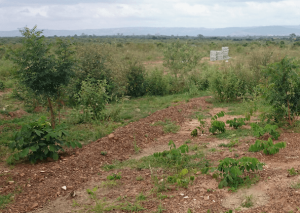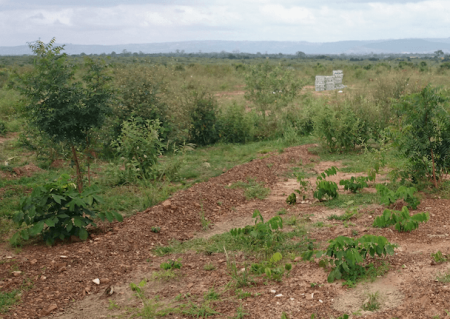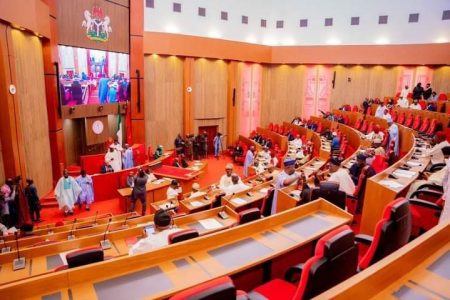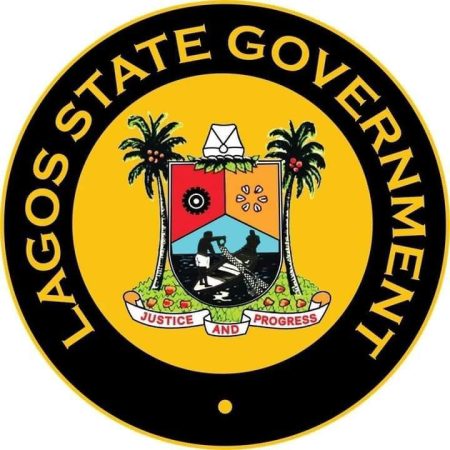The escalating cost of rent in Ghana has become a pressing issue, particularly for young people struggling to secure affordable housing. Dr. Collins Kankam Kwarteng, a lecturer at the Kumasi Technical University (KSTU), has joined the chorus of voices raising concerns about this burgeoning crisis, advocating for a systemic overhaul of land management and housing policies. His central argument revolves around the inefficient use of land, particularly the practice of granting vast tracts of land to a select few individuals who then underutilize these resources, contributing to the scarcity of available housing and driving up rental prices.
Dr. Kwarteng’s critique hinges on the observation that current land allocation practices are counterproductive. He points to the common scenario where large plots are sold to individuals who build only a small number of housing units, leaving substantial portions of land undeveloped. This inefficient use of land artificially restricts the housing supply, creating an imbalance between demand and availability. This scarcity, in turn, fuels a competitive market where landlords can charge exorbitant rents, placing a heavy burden on young Ghanaians who are already facing economic challenges. He argues that this system, while potentially benefiting a small group of landowners, ultimately harms the broader population, particularly the youth who are trying to establish themselves and contribute to the nation’s growth.
Dr. Kwarteng proposes a shift in the government’s approach to land allocation. He suggests that instead of selling large parcels of land to individual developers, the government should prioritize maximizing the number of housing units constructed on available land. This could involve a more active role for the government in developing affordable housing projects or implementing policies that incentivize private developers to build more densely. This could include offering tax breaks, streamlined permitting processes, or access to government-backed financing for projects that prioritize affordable housing. He argues that a more proactive approach to land utilization would increase the housing supply, thereby easing the pressure on the rental market and making housing more accessible to a wider segment of the population.
Furthermore, he emphasizes the need for a comprehensive review of existing land use regulations and policies. This review should aim to identify and address any bottlenecks or inefficiencies that contribute to the current housing shortage. He suggests that policies should be designed to encourage the efficient use of land, discourage land hoarding, and promote the development of affordable housing. This could involve implementing stricter regulations on the duration of time developers can hold onto undeveloped land, encouraging the development of mixed-use properties to maximize land usage, and exploring innovative housing models like co-living or micro-apartments that can accommodate more people in smaller spaces.
Dr. Kwarteng’s call for a re-evaluation of land management practices comes at a crucial time. The increasing cost of rent is not just an economic issue; it is a social issue with far-reaching consequences. Access to affordable housing is a fundamental need, essential for individual well-being and societal stability. When a significant portion of the population, particularly young people, struggle to afford decent housing, it can lead to social unrest, increased crime rates, and a diminished sense of hope and opportunity. By addressing the root causes of the housing crisis, including inefficient land use, the government can contribute to a more equitable and prosperous future for all Ghanaians.
In conclusion, Dr. Kwarteng’s contribution to the ongoing discussion about the rental crisis in Ghana highlights a critical dimension: the need for a more strategic and equitable approach to land management. He advocates for a shift away from the current system, which allows for the underutilization of valuable land resources, towards a system that prioritizes maximizing housing development and ensuring access to affordable housing for all, especially the youth. His recommendations offer a potential pathway towards a more sustainable and just housing market, promoting both economic growth and social well-being in Ghana. By addressing the underlying systemic issues contributing to the scarcity of affordable housing, the government can create a more equitable and prosperous future for all its citizens.













